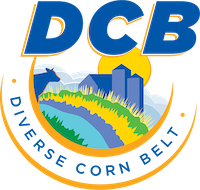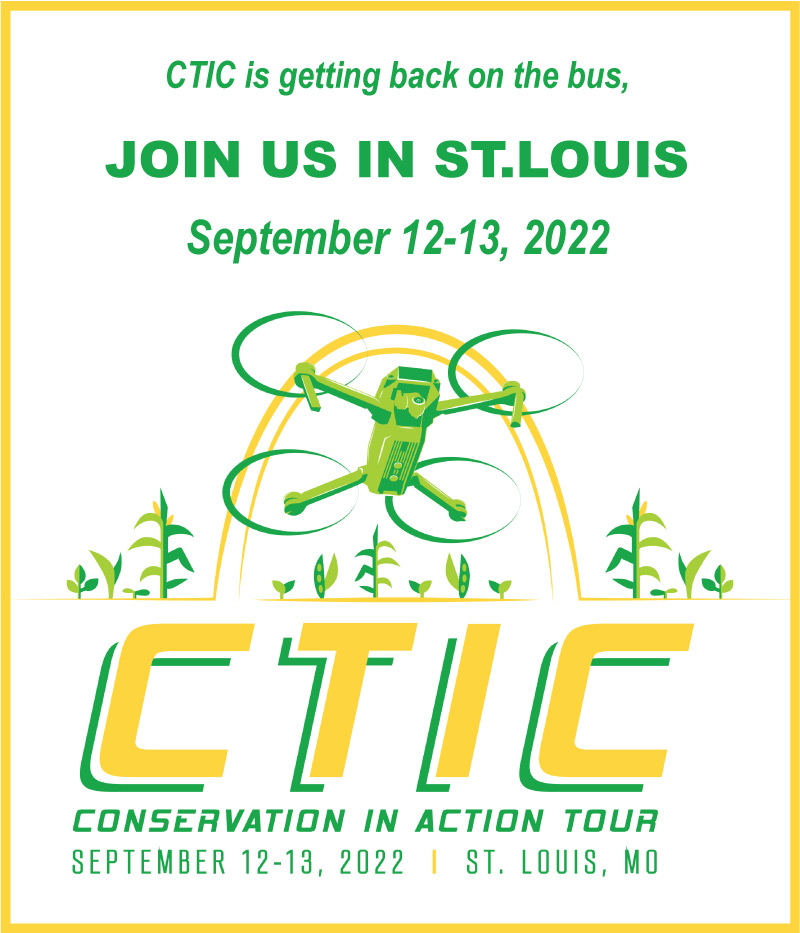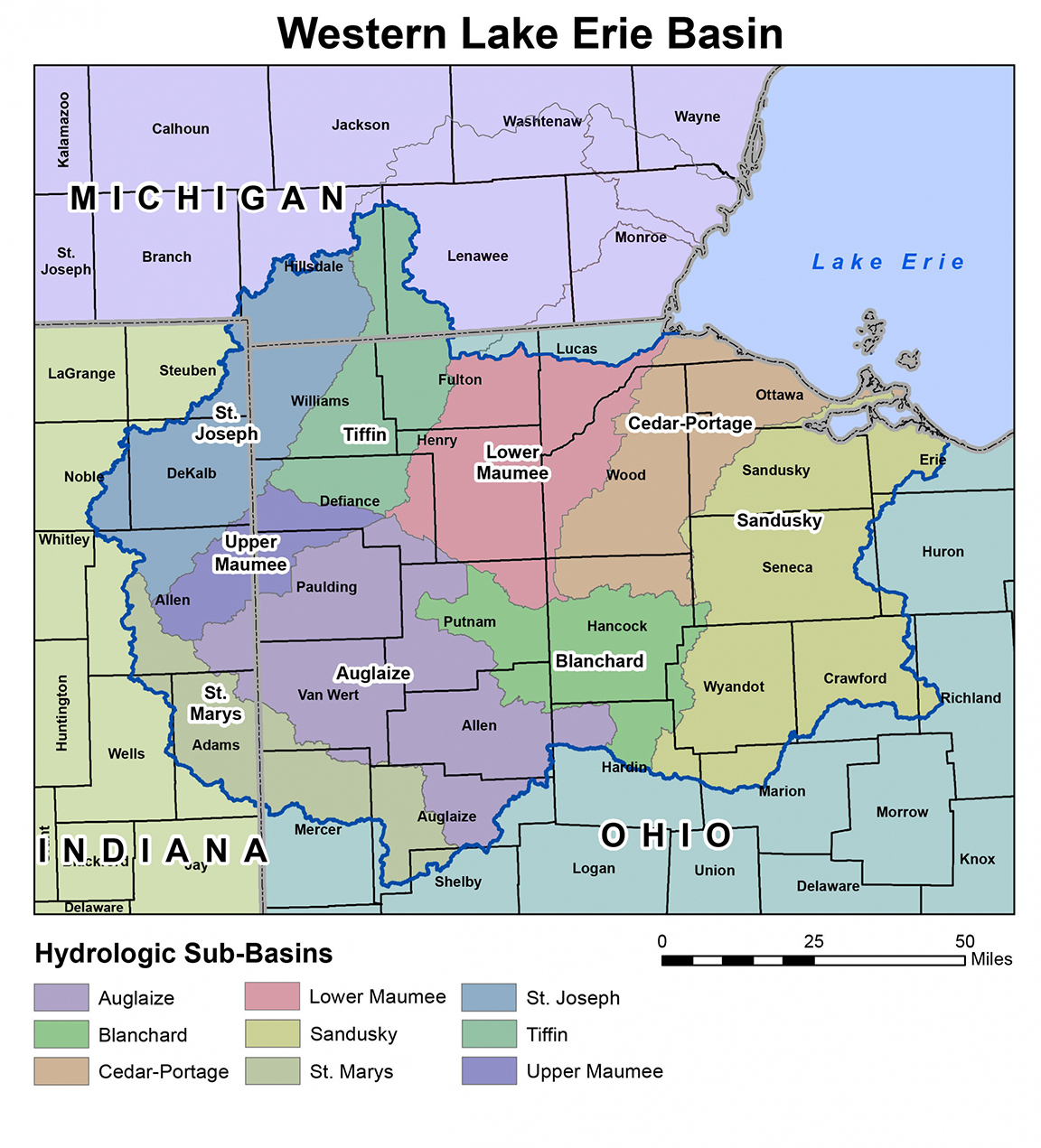Diverse Corn Belt Project Seeks Farmers for Focus Groups and In-Field Testing
The Diverse Corn Belt p roject—a multidisciplinary project exploring alternative crops, longer rotations, integrating livestock and perennials that could help increase resilience in Midwest agriculture—is seeking farmer input through focus groups and in-field research. The project's 30 partners are exploring diversification at the farm, market and landscape level that can broaden new opportunities for Midwest farmers and rural communities, says Dr. Linda S. Prokopy of Purdue University, who leads the five-year, $10 million project.
roject—a multidisciplinary project exploring alternative crops, longer rotations, integrating livestock and perennials that could help increase resilience in Midwest agriculture—is seeking farmer input through focus groups and in-field research. The project's 30 partners are exploring diversification at the farm, market and landscape level that can broaden new opportunities for Midwest farmers and rural communities, says Dr. Linda S. Prokopy of Purdue University, who leads the five-year, $10 million project.
 roject—a multidisciplinary project exploring alternative crops, longer rotations, integrating livestock and perennials that could help increase resilience in Midwest agriculture—is seeking farmer input through focus groups and in-field research. The project's 30 partners are exploring diversification at the farm, market and landscape level that can broaden new opportunities for Midwest farmers and rural communities, says Dr. Linda S. Prokopy of Purdue University, who leads the five-year, $10 million project.
roject—a multidisciplinary project exploring alternative crops, longer rotations, integrating livestock and perennials that could help increase resilience in Midwest agriculture—is seeking farmer input through focus groups and in-field research. The project's 30 partners are exploring diversification at the farm, market and landscape level that can broaden new opportunities for Midwest farmers and rural communities, says Dr. Linda S. Prokopy of Purdue University, who leads the five-year, $10 million project.The study focuses on Indiana, Illinois and Iowa. The team will conduct research, extension and modeling in all three states.
Prokopy says farmers can participate in the Diverse Corn Belt in a variety of ways, including:
- Focus groups, in which producers with a wide range of approaches—from traditional corn/soybean rotations to highly diversified operations—gather to discuss the challenges and opportunities posed by diversification.
- Hosting in-field research, allowing agronomists, entomologists, hydrologists and soil scientists to study farmers' existing management systems, ranging from conventional corn/soybean rotations to more complex cropping and/or grazing systems. Host producers will not be asked to change their management; researchers will share and help interpret data produced on participating farms.
- Joining Reimagining Agricultural Diversification (RAD) Teams, engaged conversations among producers, agricultural advisors, community leaders, and others. RAD Team members will work closely with the research team—and each other—over the next five years to share their insight on research findings, explore policy implications, and envision what the agricultural landscape of the Midwest should look like in the future.
The Diverse Corn Belt project is funded by the USDA National Institute of Food and Agriculture through an Agriculture and Food Research Initiative competitive grant. Members of the research team represent land grant institutions, federal agencies, and non-profit organizations. CTIC is helping with communications for the project.
Interested farmers and other stakeholders can learn more about the Diverse Corn Belt project at diversecornbelt.org, and volunteer to participate at https://bit.ly/GoDCB.

